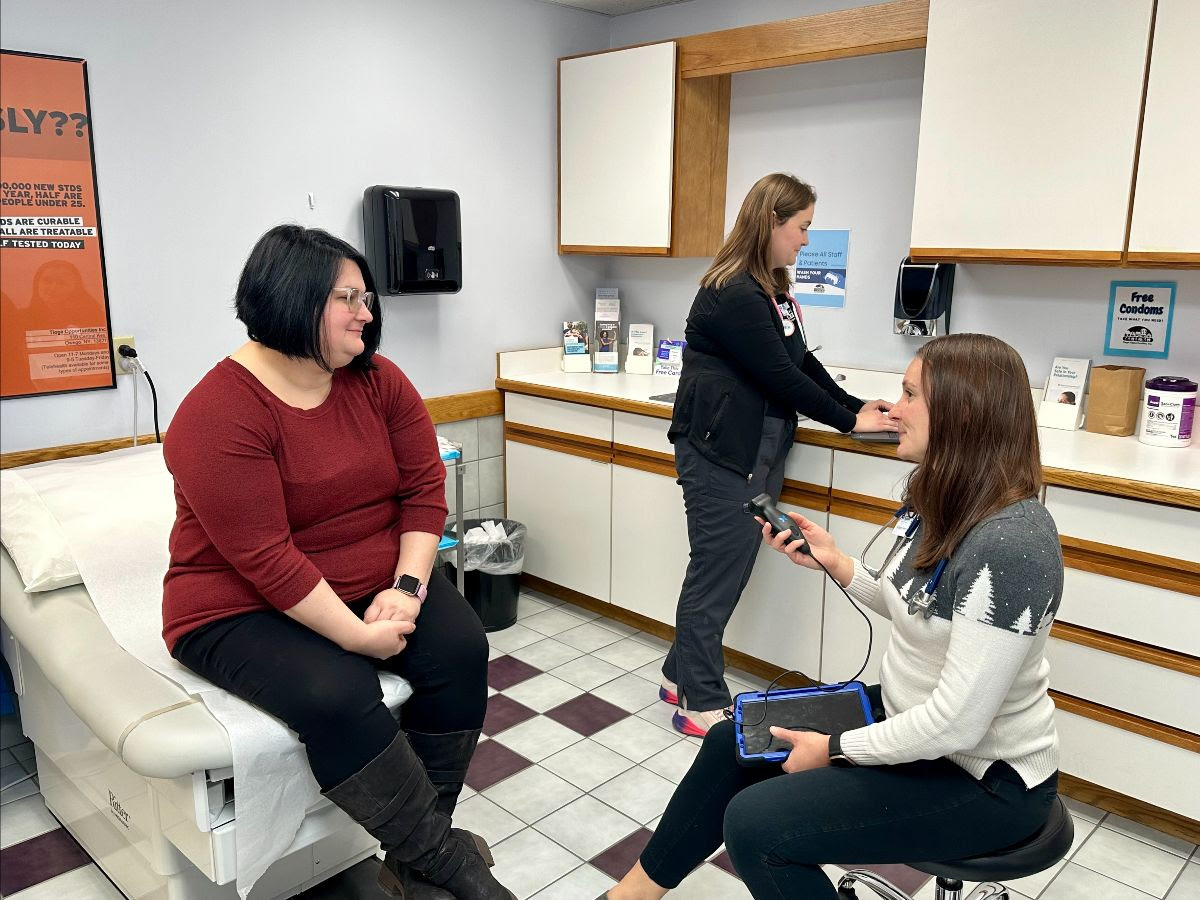Increasing Access and Strengthening Infertility Services in Rural New York
Published:
Initiating a conversation about infertility with a client can be helpful, even if they are not certain in the moment where they stand with infertility. Having the conversation can support a client to further think about what they want.Jenny Ferris, Physician Assistant, Tioga Opportunities, Inc.

With a suite of co-located programs and a strong network of community partners, Tioga Opportunities, Inc. (TOI), a New York State Department of Health Title X service site in rural southern New York, provides whole-person care to support clients' health and social needs, including infertility services. But in 2023 TOI clinical staff expressed feeling limited in the infertility care they could offer on site.
Using the RHNTC’s Basic Infertility Services Site Self-Assessment tool as a guide, the TOI team identified that clinical staff wanted and needed more information about common factors and causes of physiological infertility, social infertility (when social factors, like being single or in a same-sex partnership, limit one’s ability to get pregnant), and services like basic clinical evaluation of infertility. They then used training resources from the RHNTC and Clinical Training Center for Sexual and Reproductive Health (CTC-SRH) to reinforce basic infertility concepts and build their understanding of inclusive and trauma-informed infertility care.
Now, staff know what to look for and how to make infertility part of the conversation, so they feel more comfortable proactively assessing and counseling about infertility during visits rather than waiting for clients to bring it up. TOI is now screening more clients for infertility than ever before.
To increase access for clients, TOI has also begun expanding its in-house capabilities to provide more on-site services for the clinical evaluation of infertility, for example by training staff to perform blood draws for labs. Being able to get a thorough basic clinical evaluation of infertility on site is a big win for TOI’s clients, many of whom may not have reliable transportation.
Going forward, the TOI team plans to use the site self-assessment tool annually.
All Title X grantees and service sites can take steps to strengthen their infertility services, and the RHNTC offers several resources to support these efforts, including the Infertility Services in Family Planning Care Toolkit. The TOI team recommends these steps:
- Reflect on your site’s infertility services (for example, by using the Basic Infertility Services Site Self-Assessment).
- Conduct staff training to address gaps, and have staff dedicate time during visits to talk about infertility with clients (for example, using the Basic Infertility Protocol Job Aid).
- Be open to expanding on-site infertility and related services to increase access and support whole-person care.
